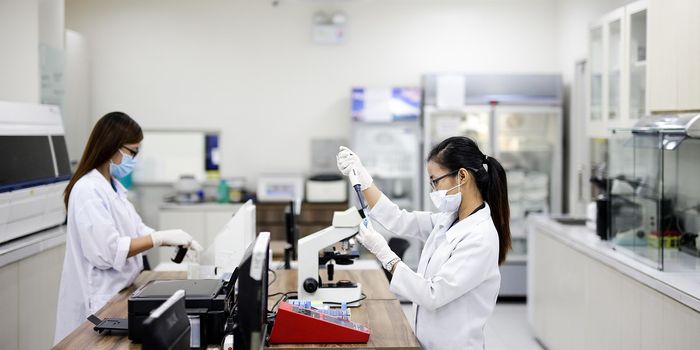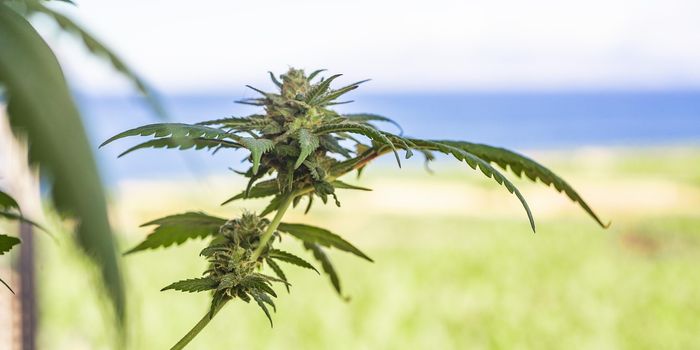RPI Researchers Develop Hemp-based Insulated Siding
A 1.5 million dollar grant will allow researchers from Rensselaer Polytechnic Institute (RPI) to develop building retrofits to improve energy efficiency and reduce carbon emissions. Hemp Retrofit Structural Insulated Panel (HeRS) will offer a commercially viable, durable, and low-embodied-carbon insulated siding product.
Hemp-based insulated siding (HeRS) is designed to decrease homeowners' heating and cooling costs and reduce the built environment's carbon footprint. It is also designed for easy installation by construction professionals.
The three-year funding award was made possible by The United States Department of Energy's Buildings Energy Efficiency Frontiers and Innovation Technologies (BENEFIT) program. Industry leaders in clean energy technology Durasip, Hempitecture, and Introba will offer guidance to the HeRS project.
The researchers believe that hemp can revolutionize manufacturing in the United States. As Lead investigator and associate director of RPI's Center for Architecture, Science and Ecology (CASE), Alexandros Tsamis explained, "By utilizing this versatile and renewable crop in building materials, we can create a building retrofit product that will not only be beneficial for homeowners and the environment but also has the potential to jumpstart regional circular economies throughout the United States based on renewable materials." Residential buildings comprise 60% of the total built surface area, and most are single-family homes. Therefore, HeRS could have a significant impact on residential construction practices.
HeRS will use a dense mat of hemp wool fibers bonded with a recycled binder. It shares a similar form factor and attachment method to existing siding materials. The hemp siding will have a minimum R-5 thermal performance. Its characteristics can decrease heating, ventilation, and air conditioning (HVAC) energy use by 15% to 25%.HeRS will also leverage the expertise of industry leaders Durasip, Hempitecture, and Introba to innovate and drive the cost-effective deployment of this clean energy technology.
The researchers will also assess the embodied carbon footprint of hemp siding and complete a supply chain viability study to demonstrate the effective integration of U.S.-produced hemp fiber into the HeRS production line.
Sources: Eureka Science News Alert








